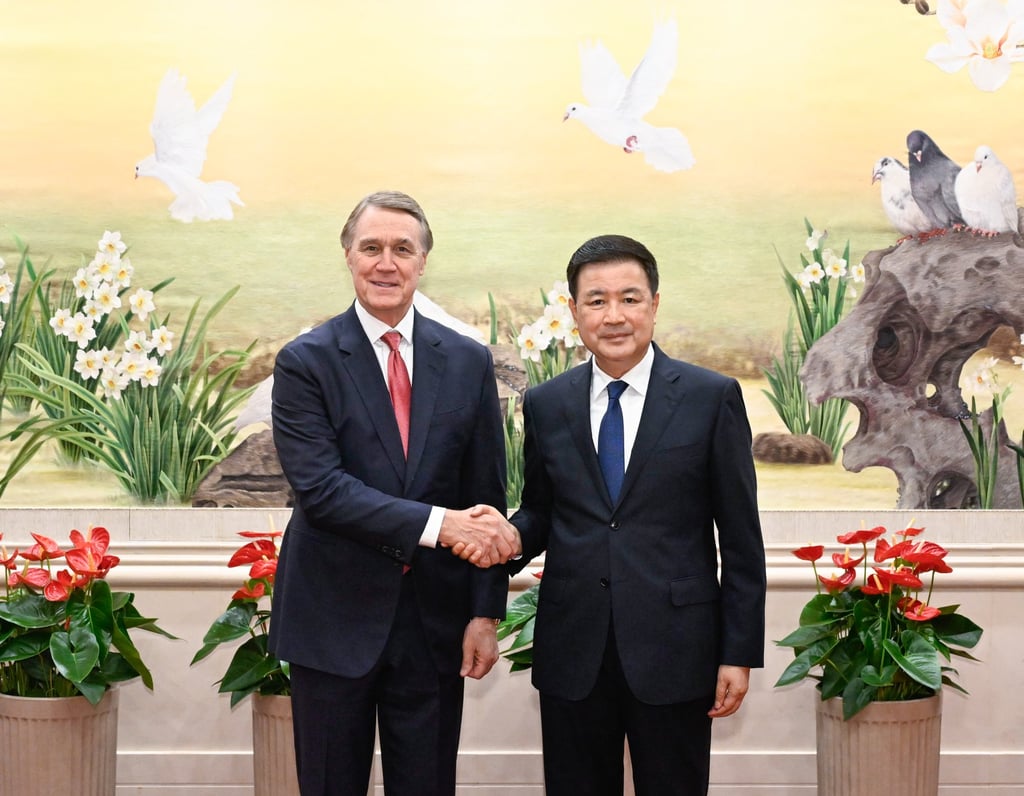Articles in this Cluster
20-06-2025
China has condemned the passage of a UK warship through the strait between the two territories, saying it was a "disruptive act of intentional provocation" that "undermines peace and stability". The Royal Navy said the HMS Spey's journey was "part of a long-planned deployment and was in accordance with international law". The patrol is the first by a UK naval ship in the area in four years and coincides with the arrival of a UK carrier strike group in the Indo-Pacific for an eight-month deployment. Taiwan's foreign ministry praised the patrol, while China's military said it had tracked the vessel and would "resolutely counter all threats and provocations".
20-06-2025
China has criticized a British warship, HMS Spey, for sailing through the Taiwan Strait, calling it a deliberate move to "cause trouble". The Royal Navy said the ship was conducting a routine navigation through the disputed waterway in compliance with international law. China's People's Liberation Army (PLA) said it followed and monitored the ship, and warned that its forces are on high alert to counter all threats and provocations. Taiwan's foreign ministry welcomed the British action, affirming its support for the freedom of navigation in the Taiwan Strait, while China has carried out several military drills in the area, viewing Taiwan as a breakaway province to be reunified.
20-06-2025
China's coastguard used a water cannon to expel a Philippine government vessel from near Scarborough Shoal in the South China Sea, citing the Philippine vessel's "illegal intrusion" into Chinese waters. The incident follows a similar confrontation near Half Moon and Royal Captain shoals, with China accusing the Philippines of violating its sovereignty and international law. The Philippines has not commented on the incident.
20-06-2025
Chinese President Xi Jinping and Russian President Vladimir Putin presented a united front on the Israel-Iran crisis during a phone call, calling for de-escalation and condemning Israel's actions as a breach of international law. Xi's comments were seen as a veiled message to US President Donald Trump, accusing "major powers" of escalating the situation. China and Russia are positioning themselves as voices of reason and alternative leaders to the US, with China having long backed Iran through oil imports and diplomatic support. Xi proposed four measures to de-escalate tensions, including dialogue on the Iran nuclear issue, and China's Foreign Minister Wang Yi engaged in diplomatic outreach with regional counterparts. China's efforts are seen as an attempt to expand its diplomatic footprint and challenge US leadership in the region.
20-06-2025
China's influence in the Middle East is being tested as the US considers attacking Iran, revealing the limits of its power in the region. Despite its close relationship with Iran, China is unlikely to come to its defense militarily, instead possibly providing quiet material and rhetorical support. China has much to lose from a conflict, including its oil imports and strategic interests, and may gain if the US gets bogged down in a prolonged war. China's measured response, including calls for a cease-fire and evacuating its citizens, has been seen as insufficient by some, and its inability to exert pressure on Iran undercuts its standing as a mediator. The outcome may shape China's geopolitical strategy and influence its assessment of US willingness to defend Taiwan.
20-06-2025
China's top police chief, Minister of Public Security Wang Xiaohong, has expressed willingness to cooperate with the US on fighting fentanyl and repatriating illegal immigrants, two priorities for the US. Wang met with US ambassador David Perdue in Beijing and stated that China is ready to work with the US in law enforcement areas, but urged the US to "meet China halfway" and show mutual respect. The two sides have previously held meetings and established anti-drug hotlines to share information.
20-06-2025
Singapore Prime Minister Lawrence Wong's visit to China gives Beijing an opportunity to promote itself as a reliable partner for Southeast Asian countries and defender of multilateralism, particularly amid threatened US tariffs. The visit is expected to focus on trade and economic cooperation, with China seeking to reassure Singapore that its economy is recovering.
